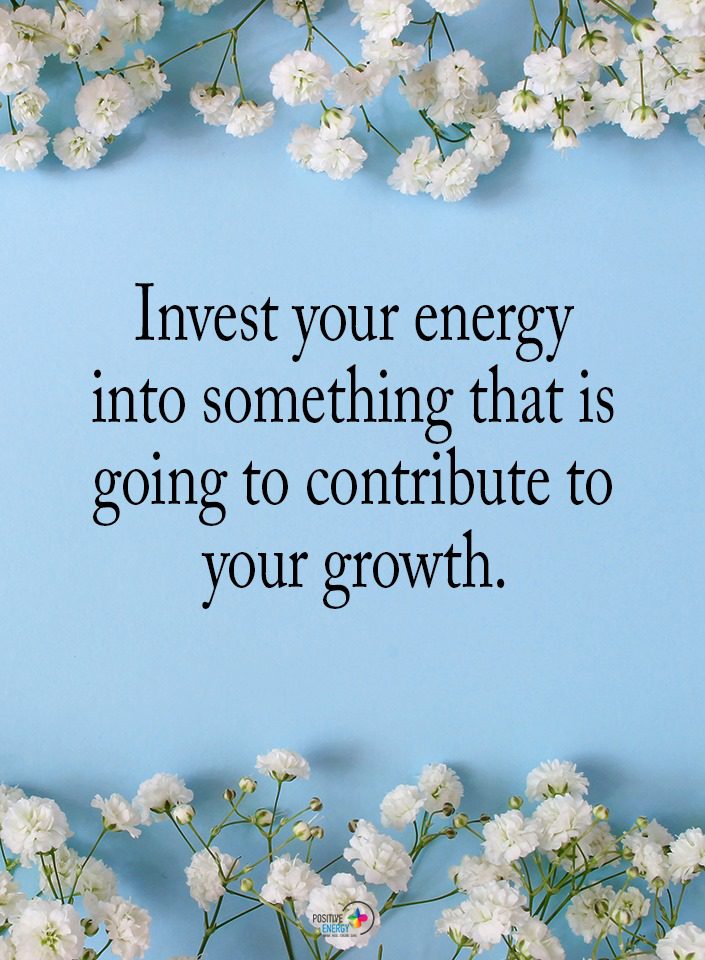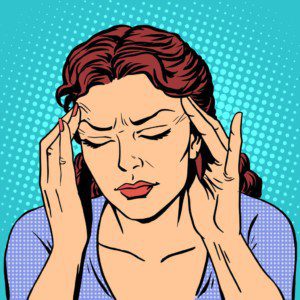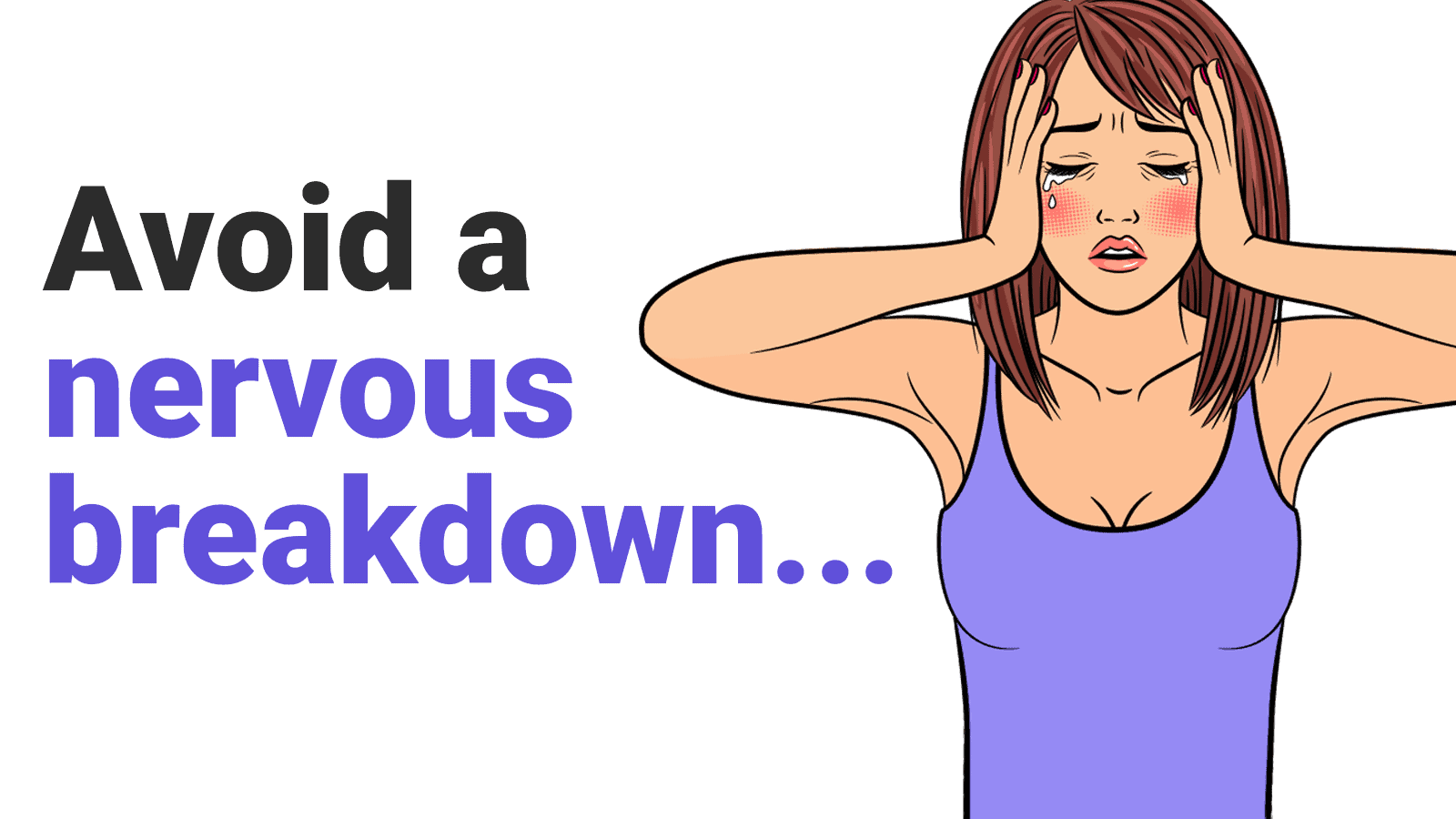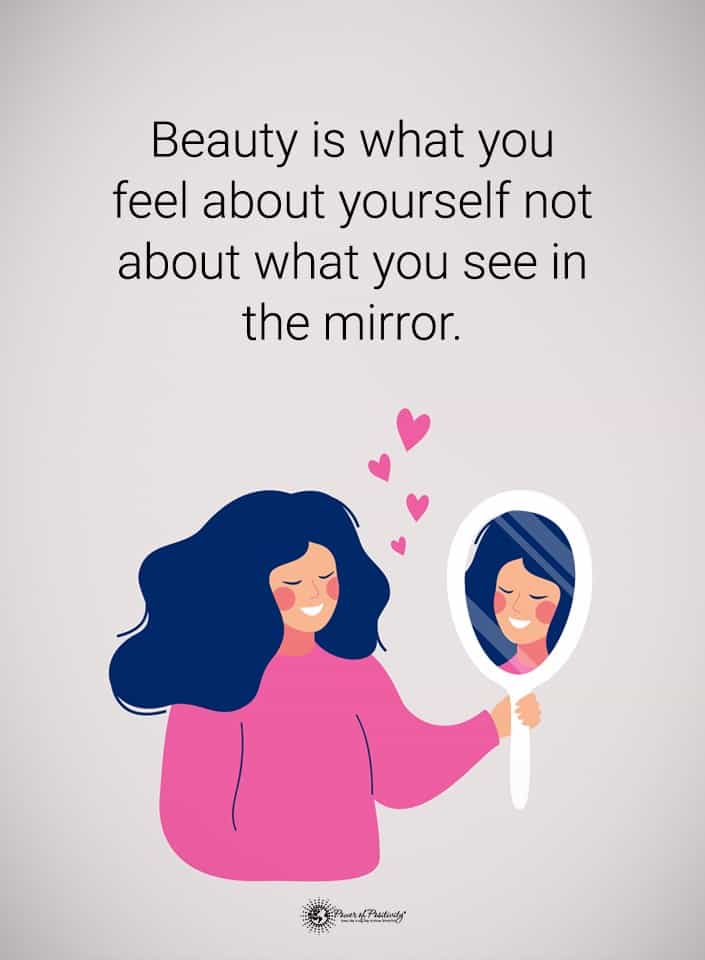For those who suffer from panic attacks, they can be a terrible thing. Often, they are misunderstood, and those who suffer from panic attacks are often accused of just being dramatic. This is far from the case, though. In fact, panic attacks are far from pleasant experiences. Furthermore, they are a very real thing to those in the grips of one.
Panic attacks are a physical response as a result of a perceived threat, natural or otherwise, that is characterized by such symptoms as sweating, shivering, shallow breathing, a racing heart, shaking, and just overall unpleasant feelings. Try to remember how you felt the last time you had a near miss while driving, hydroplaning on a wet road, or nearly colliding with another driver. That feeling you likely experienced, the rush of adrenaline, and the fear is what it feels like to be in the midst of a panic attack.
At some time or another, everyone is likely to experience a panic attack at some point in their lives. Whether it be due to an actual dangerous situation or threat, or just from a highly stressful situation, if you find yourself getting panic attacks regularly for no real reason, and it ends up negatively affecting your life, then you may, unfortunately, have a panic disorder.
Ten Ways to Stop a Panic Attack Before it Starts
To help you get through life uninhibited by panic attacks, continue reading for ten ways to stop your panic attacks before they get out of control:
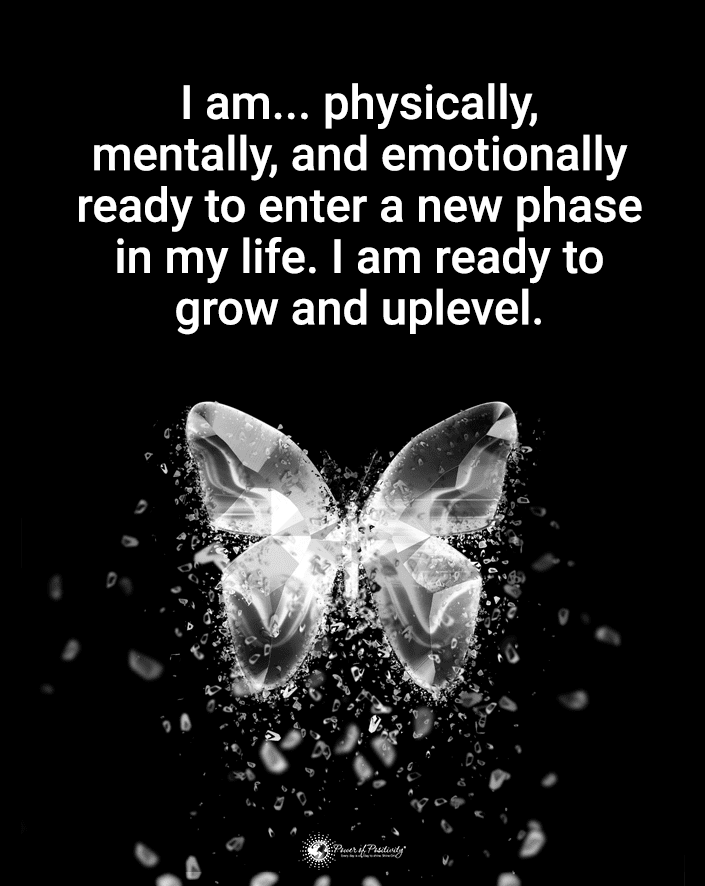
1. Try Self-Massaging The Scalp
Who wouldn’t want a nice massage every time things got a bit stressful or you were feeling nervous? Research has found that a massage provides real benefits and can shift a person’s biochemistry. According to one study, cortisol levels were able to be significantly reduced while dopamine and serotonin were increased dramatically as a result of massage therapy!
If you find yourself in a situation where a panic attack might occur, consider self-massage as a nice scalp massage. Scalp massages reduce the tension you feel in your neck and at the back of your head, providing increased blood flow to the brain. With a little reading and some practice, giving yourself a scalp massage is easy!
2. Take Deep Breaths
Nearly every technique used to relieve stress and induce relaxation incorporates deep breathing in some fashion or another. It’s amazing how something as basic as slow controlled breathing could have such a calming effect on our whole nervous system!
Some stress relieving techniques that incorporate deep breathing include resistance breathing, breath moving, and coherent breathing, all of which work by stimulating our vagus nerve, which provides relief due to the release of hormones and enzymes such as prolactin, acetylcholine, oxytocin, and vasopressin.
If you find yourself in the heat of the moment and think a panic attack may come on, don’t worry about sticking to the above techniques to a T; try to take slow, full, lung-filling breaths simply. Hold it in for a few seconds and then, just as slowly, exhale. You’ll likely notice relief pretty quickly!
3. Give It A Shake
Shaking is a natural response of most animals after they’ve escaped from a dangerous situation, though it seems to have been lost on us humans due to the decrease in environmental risks we face. The next time you’re feeling a bit nervous, try to shake about a little bit, and you’ll likely find the tension starts to easy, and as a result, you’ll likely overcome a panic attack!
4. Listen to Binaural Beats or Waves
Binaural beats are a type of technology that can have profound effects on your ability to control pain and your mood. Utilizing low-frequency tones, binaural beats have been shown to reduce anxiety in those prone to it significantly and may even alleviate symptoms of children suffering from ADHD!
Consider downloading a few binaural beats or even just some ocean sounds to your phone. Then if you find yourself in a situation conducive to a panic attack, you can try to relax and let the sounds calm your mind. Try to really focus on the sounds and imagine yourself in a nice safe place. You’ll likely feel much better after a few minutes of this.
5. Carry Emergency Dark Chocolate
This technique is a lot more appealing for most, I’m sure, and will likely be hard to pass up once you find it works for you! By consuming dark chocolate with 85 percent or more cocoa content, you’ll enjoy an infusion of magnesium in your system. Magnesium has a profound calming effect, and chocolate is one of the best sources of this miracle mineral.
Besides containing magnesium in significant amounts, dark chocolate also contains theobromine, which also helps better your mood, and tryptophan, which is an amino acid that is a precursor to the hormone serotonin.
Try carrying around a couple squares of dark chocolate with you, and the next time you feel like a panic attack might come on, try eating a few. You’ll likely find the panic passes without an attack, and you’ll also have the added benefit of a tasty treat!
6. Try Splashing Cold Water On Your Face
A splash of cold water to the face offers a jarring change of perspective! Studies have found that the parasympathetic system is stimulated by the cold-water immersion of one’s face. As a result, physiological changes occur that stimulate the vagus nerve, significantly reducing our heart rate, and also activating our immune and digestive systems. Splashing water on your face works exceptionally well at stimulating the vagus nerve due to the area behind our eyes being especially responsive.
7. Distract Yourself
Panic attacks usually occur as a result of our anxious thinking. If you can distract yourself from these anxiety-inducing thoughts, a panic attack can be avoided. Getting these anxious thoughts under control is a great way to overcome a panic attack!
Reading a book, playing a game, organizing or cleaning up the house, having a phone call with a friend, or simply counting are all great ways of distracting yourself from anxious thoughts. Anything that you can do to take your mind off the anxious thoughts swimming around in your head will likely result in an end to stressful feelings. Thus, you empower yourself to overcome a panic attack. Distracting your mind from these thoughts is a skill you should master. So the better you become at it, the better you’ll be to overcome a panic attack.
If simple distracting thoughts aren’t doing it for you, try more sensory experiences such as the splash of cold water to the face, strong smells or tastes, or ice. Anything that you can use to distract yourself from the anxious thoughts and feelings that trigger your panic attacks is fine, though sensory experiences are most effective.
8. Try Yoga: Rabbit Pose
If you happen to be a practitioner of yoga, give the Rabbit Pose a shot. If you’ve got a little time and are in a more private setting, the Rabbit Pose, where you sit on your heels, knees, and feet together and reach behind you to grab your heels, can relieve stress and anxiety. This pose is excellent for relieving tension in your back, neck, and shoulders, where stress is often pent up. The Rabbit Pose is especially beneficial for those suffering from anxiety and depression. That’s because it compresses the parathyroid and thyroid glands. This pose also promotes blood flow to the brain, all offering panic-mitigating effects!
9. Try Warming Your Hands
When we start to feel stressed, our bodies start to feed blood to the more tense areas of our bodies, such as our hips and shoulders, due to the fight-or-flight response. As a result, our hands will typically become cold! By warming our hands, the stress response can be reversed, and parasympathetic relaxation is triggered! Much research states that someone can reduce their blood pressure significantly by warming their hands.
Physically warming our hands under hot water, in a warm bath, and holding onto a nice hot cup of coffee or tea are all great ways to warm up our hands and experience relief but visualization techniques are also effective for this. So imagine yourself in a warm situation, such as in bed, under warm blankets, or sitting in front of a nice cozy fire. Each scene can evoke a relaxing response from our bodies!
10. Try Ice Packs
If you find yourself having panic attacks while home a lot, consider keeping a few ice packs at the ready in your freezer. If you feel like an attack might be coming on, place a couple against your lower back while holding a few more in your hands, and you’ll likely notice relief from the stress and anxiety that is coming over you. By doing this, you might notice immediate relief as the tightness and tension in your upper body moves down to where the cold sensations produced by the ice packs are centered. After a minute of this, you can move on to some slow breathing, and within a couple more minutes, the panic and anxiety will likely have passed!
Final Thoughts on Learning How to Manage a Panic Attack
Panic attacks are terrible experiences, and a panic disorder is a debilitating condition to have to deal with! With a few stress and anxiety-relieving techniques in your belt, panic attacks do not have to rule your life! Keep these techniques in the back of your mind. Then the next time you feel panic start to set in, give them a go. As a result, you’ll likely feel the stress start to melt away!


